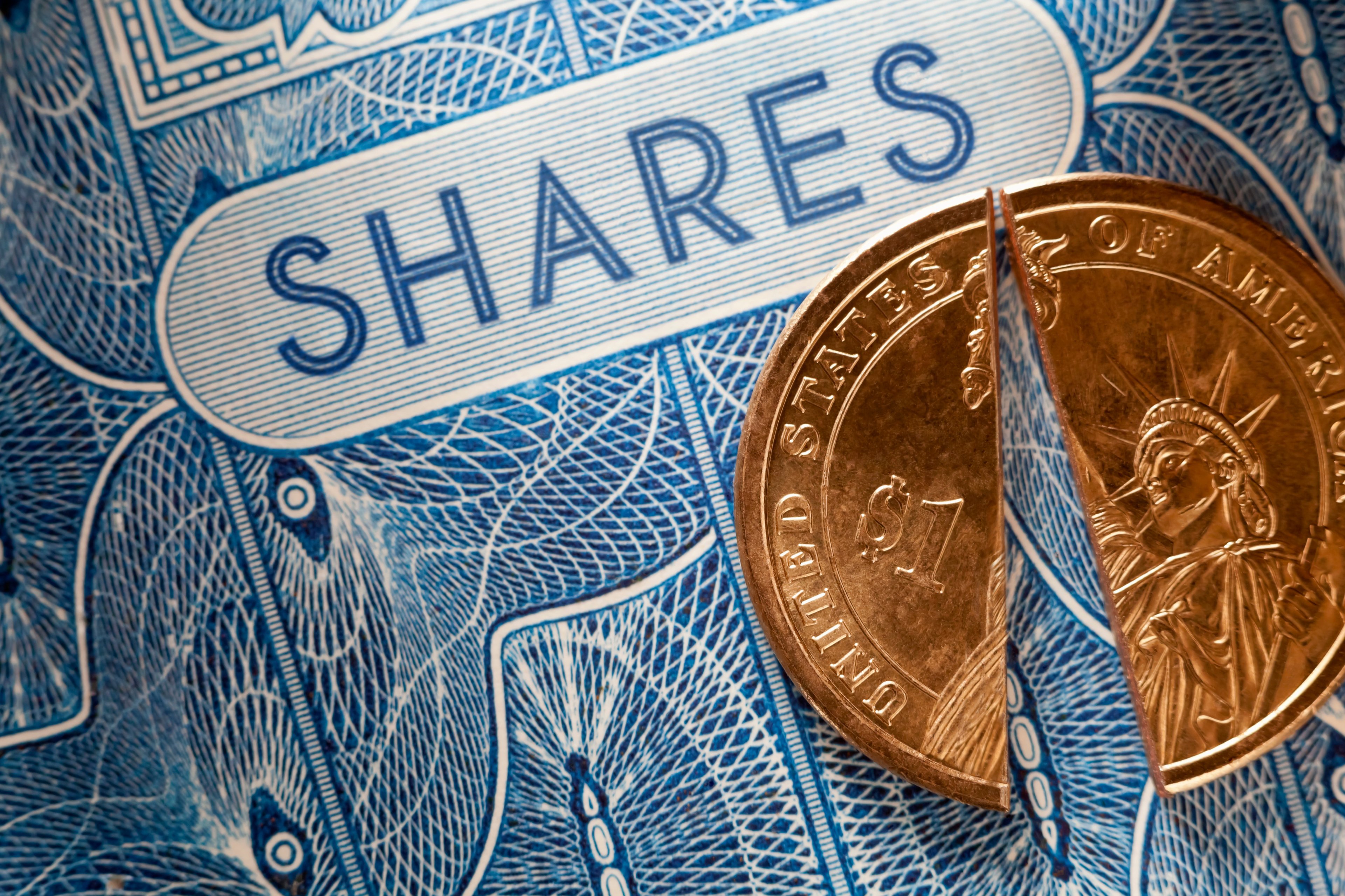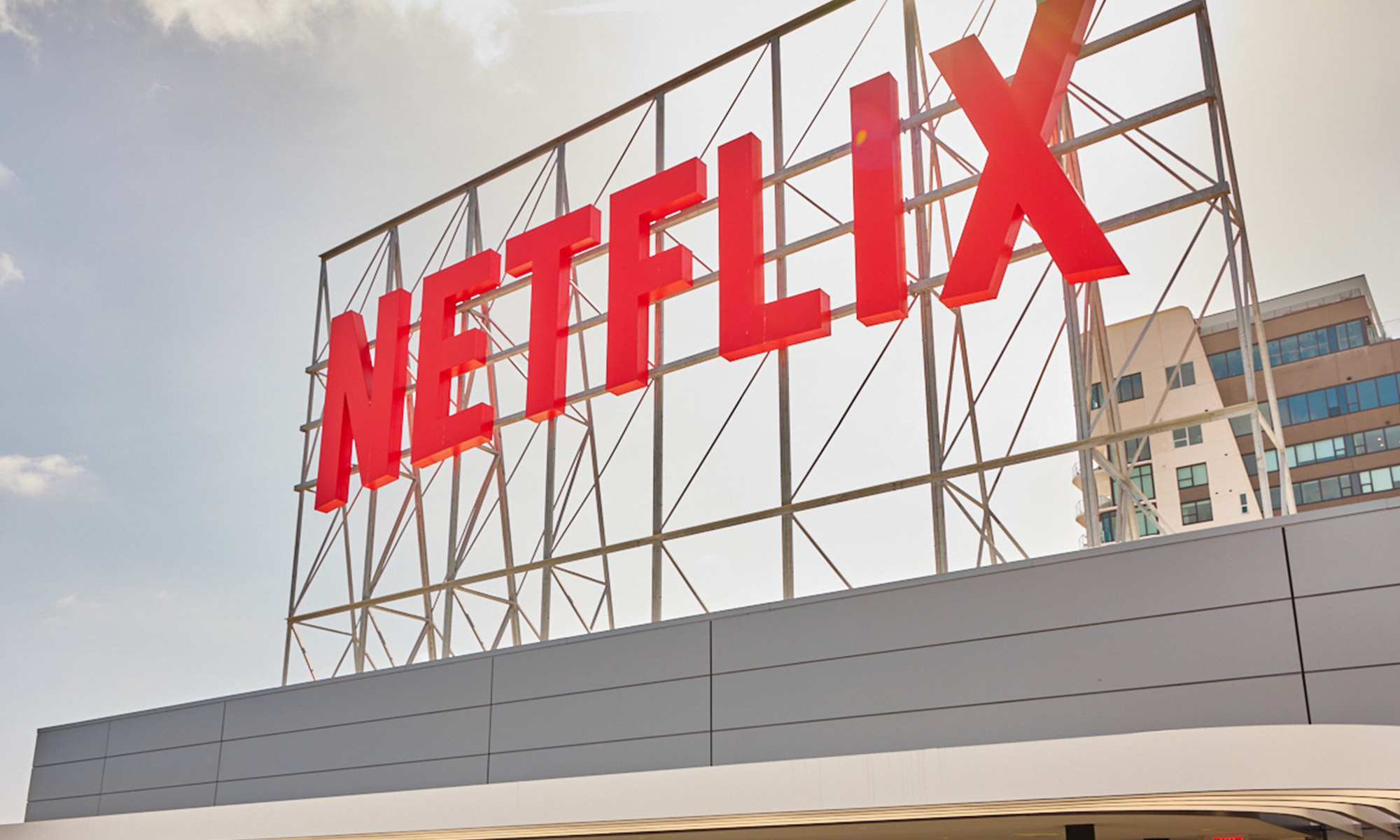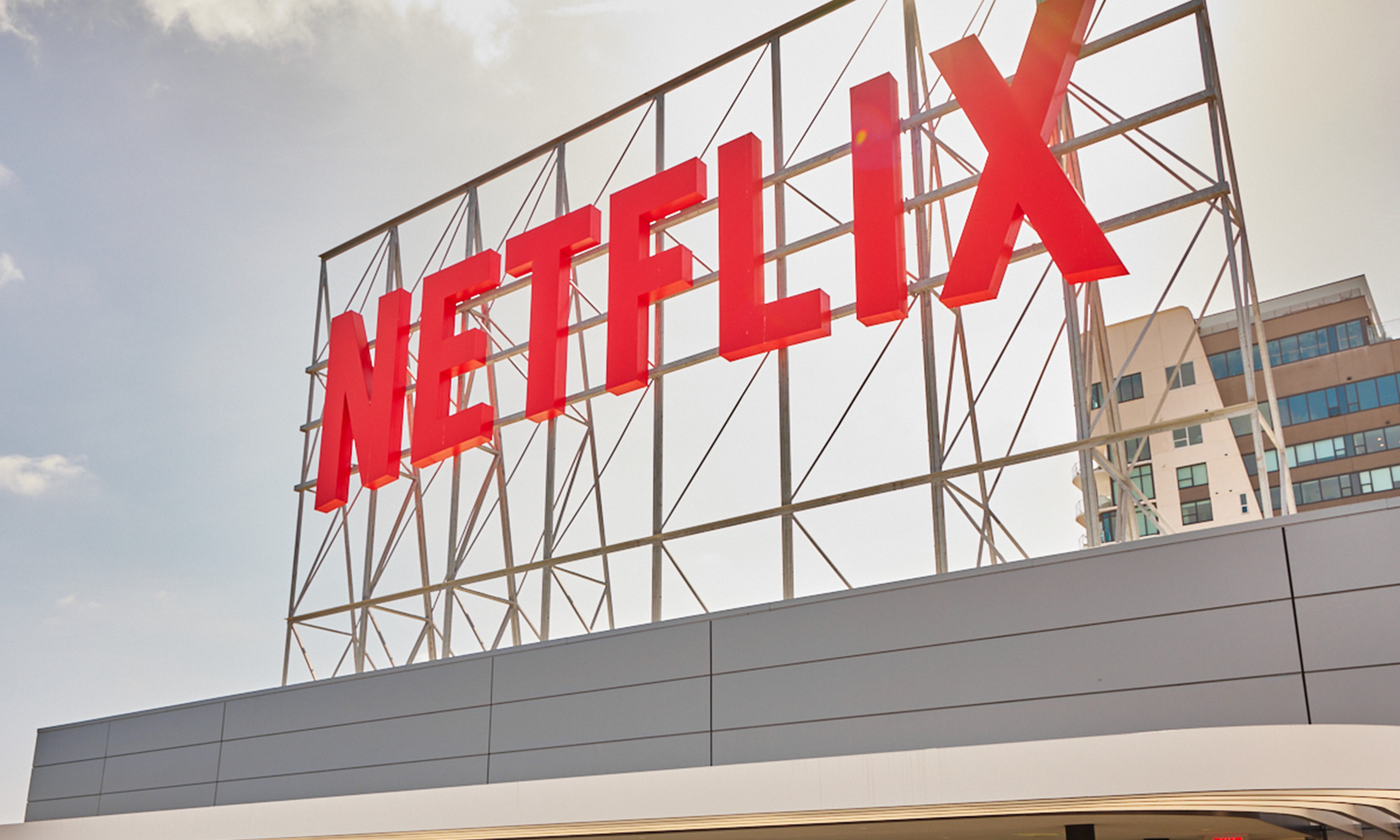
Image source: Netflix.
The time between a television show's original airing and when it shows up on Netflix (NFLX +0.76%) is getting shorter.
The streaming video-on-demand (SVOD) service recently signed a new deal with the CW -- a joint venture between CBS (CBS +0.00%) and Warner Bros. -- to become the exclusive subscription service for scripted series such as The Flash and Jane the Virgin. New seasons will appear on Netflix just eight days after their finales. Also as a result of the deal, Hulu will no longer stream CW series the day after airing.
The deal is in direct contrast to comments Time Warner (TWX +0.00%) CEO Jeff Bewkes made last year about extending the SVOD licensing window on its content. Time Warner is the parent company of Warner Bros. Meanwhile, CBS CEO Les Moonves has been pushing his company's own streaming service, CBS All Access, and has delicately balanced what the network keeps for itself and what it licenses to streaming services.
Netflix has buying power
Due to Netflix's massive scale (it boasts 47 million U.S. streaming subscribers), it's capable of offering more money to license shows than its competitors can. Its effective cost per stream for any licensed show will in all likelihood still be lower than Hulu or Amazon Prime even if it pays more on an absolute basis. It's that economy of scale that will allow Netflix to spend $6 billion on content this year.
At the same time, both Time Warner and CBS are facing a challenging television environment. CBS's revenue last year increased just 1% compared to 2014, and operating income declined 4% on an adjusted basis. Time Warner's Turner and Warner Bros. divisions managed to grow revenue 2% and 4%, respectively, but most of that growth came from licensing content, not additional ad sales or subscription revenue.
Pressure to meet near-term expectations is what gives Netflix leverage to make deals with broadcasters that aren't always in their long-term interest. In this case, Netflix had the benefit of a CBS's existing licensing agreement with Hulu that allowed Hulu subscribers to stream CW episodes the day after their original airing. That gave Netflix an opening to shorten the licensing window from several months to several days after each series concludes.
Netflix CEO Reed Hastings has even gone so far to say that "Hulu is even more of a cord-cutter's dream than Netflix is," pointing to the next-day availability of most shows. In that regard, the eight-day window between a series run and its appearance on Netflix is an improvement for the CW. On the other hand, Hulu only had the rights to stream the five most recent episodes of any show, pushing viewers to keep up with the show in real time, making it more likely for them to watch live broadcasts.
Netflix keeps getting better
With this new CW deal, Netflix is setting a precedent for other licensing contracts. That puts it in a position to continually provide more value to its subscribers by offering more binge-watching capabilities faster than any of its competitors. Netflix subscribers won't look elsewhere (e.g., home video, competing SVOD services, traditional TV) for entertainment if they can get the newest seasons of their favorite shows on Netflix within a week of hearing about an epic finale.
Added value leads to lower churn rates despite Netflix's efforts to increase its pricing. Additionally, it ought to attract more customers to its platform, something that it's starting to struggle with in the United States. Netflix has made several key marketing partnerships lately with distributors in order to boost its domestic subscriber growth, but the best thing it can do is provide increasingly more value to its customers. Deals like the one with the CW could go a long way to maintaining subscriber growth in the United States.






